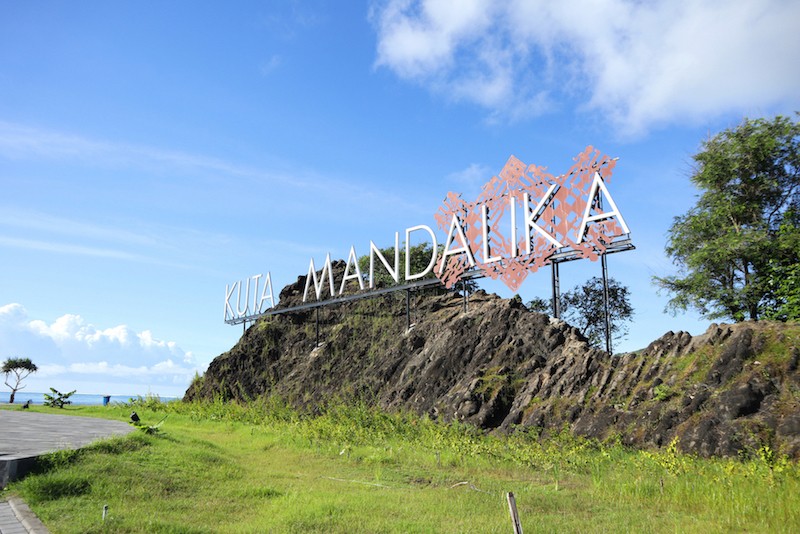Popular Reads
Top Results
Can't find what you're looking for?
View all search resultsPopular Reads
Top Results
Can't find what you're looking for?
View all search resultsHarnessing the ocean-climate nexus after COP28
It would be a big step forward if Indonesia could incorporate ocean-based actions in its second NDC in addition to the existing forest, transportation, and energy-based strategies.
Change text size
Gift Premium Articles
to Anyone
T
he first-ever Global Stocktake (GST) report was adopted during the 28th United Nations Climate Change Conference (COP28) to the UN Framework Convention on Climate Change (UNFCCC) in Dubai, the United Arab Emirates, last month. This report is a periodic review that provides a checkpoint on where we are in the fight against climate change. It assessed the countries' collective progress in achieving the Paris Agreement's goals.
The GST report projected that with the full implementation of the latest Nationally Determined Contributions (NDCs), we will expect a global temperature increase of 2.1-2.8 degrees Celsius, exceeding the 1.5-degree C threshold. Therefore, more ambitious and escalated actions are needed, not only from terrestrial-focused actions but also ocean-based ones.
The ocean should always be included in every important climate change discourse considering the strong connection they share. The ocean-climate nexus can be seen in at least the three following things.
First, the ocean plays a vital role in mitigating the climate change impacts by acting as a powerful carbon sink and heat reservoir. The coastal blue carbon ecosystems, which include mangrove, seagrass and tidal marsh plants, can store two to five times more carbon in their soils per unit area than terrestrial ecosystems (Macreadie et al., 2021).
Second, the ocean ecosystem acts as a buffer against climate change impacts, supporting coastal communities to adapt and be more resilient. The ocean ecosystems can help reduce climate risk by providing a buffer to storms and surges and limiting erosion from sea-level rise (Northrop, et al., 2020).
Third, the ocean further generates benefits that can sustain the lives of billions of people who rely on it for food, employment and livelihoods. This allows the ocean ecosystem to serve as an informal social safety net as it faces climate risks.
The recognition of the growing potential of the ocean in climate change mitigation and adaptation continues to increase. Research in 2017 found that 59 parties to the Paris Agreement have included marine topics in the mitigation section in their NDCs and 53 parties in the adaptation (Gallo et al., 2017). At least 29 coastal and island states within the Commonwealth have included ocean-related action in their NDCs. Other countries have publicly announced greater ambitions around ocean-based climate actions but have not captured it in their NDCs (The Commonwealth Secretariat, 2023).



















